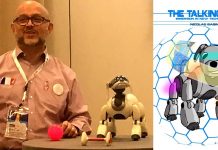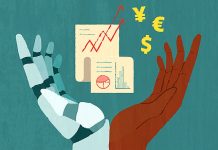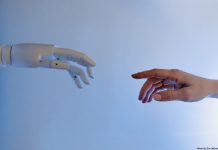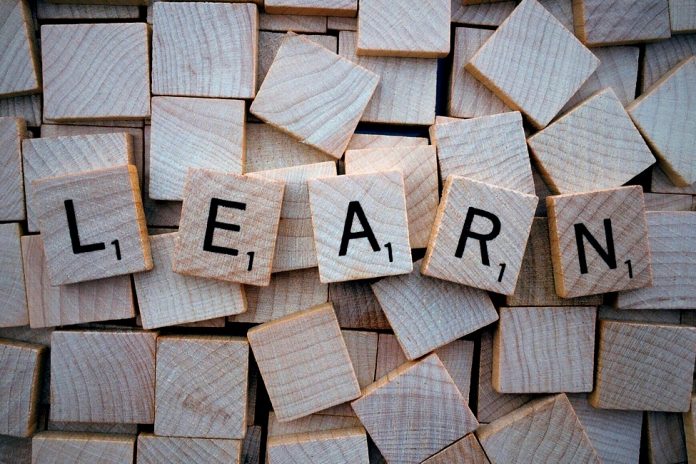Deep Learning and generally Machine Learning seems to have reached their limits. Indeed, these techniques are based on recognizing patterns by training with Datas (generally Big Data)… and that’s the problem: on a large number of trials, Deep Learning and well-trained AI entities have a huge percentage of success… but what about on a single case? There, the AI can make big mistakes that 5 years old children would not do!
So, we now realize that the Neural Network methods used in Deep Learning (in fact already very old – we “just” do now (big) improvements of more than 30 yo deep learning general techniques) – can’t lead to an Artificial General Intelligence (AGI).
 So, what are the ways for moving to the next level?
So, what are the ways for moving to the next level?
Some great researchers are developing new cognitive systems (Caspsule Networks for the “Godfather of Deep Learning” Geoffrey Hinton, Energy-Based Models for Yann LeCun…). Globally, we have to move towards a better knowledge of the human brain to be able to develop in AI the famous “common sense” existing in humans, so to be able to deal effectively with a specific situation that we have never met (what AI can’t do for now – AI can only recognize a situation it has already encountered and on which it has been trained with datas given to it).
For my part, I think that the current advanced techniques of deep learning will allow – in colla boration with neuroscientists and globally specialists of cognitive sciences – to know better and better the cognitive functioning of our brain, in order to be able to lead to an AGI. If this AI / Neuroscience Researchers collaboration does not take place effectively, then we may doubt that one day we will have a robot capable of really understanding our best jokes!
boration with neuroscientists and globally specialists of cognitive sciences – to know better and better the cognitive functioning of our brain, in order to be able to lead to an AGI. If this AI / Neuroscience Researchers collaboration does not take place effectively, then we may doubt that one day we will have a robot capable of really understanding our best jokes!







![The Incredible Growth of Fintech [Infographic]](http://ipfconline.fr/blog/wp-content/uploads/2018/02/31-01-2018-growth-of-fintech-1-218x150.jpg)
![FINE LIST OF 50 TOP WORLD BIG DATA EXPERTS TO FOLLOW IN 2017 [WITH MOZ SOCIAL SCORE]](http://ipfconline.fr/blog/wp-content/uploads/2017/05/Capture0000001ALTERN-218x150.jpg)

![FINE LIST OF 30 TOP WORLD INSURTECH EXPERTS TO FOLLOW IN 2017 [WITH MOZ SOCIAL SCORE]](http://ipfconline.fr/blog/wp-content/uploads/2017/05/hgfhfh1-218x150.jpg)













